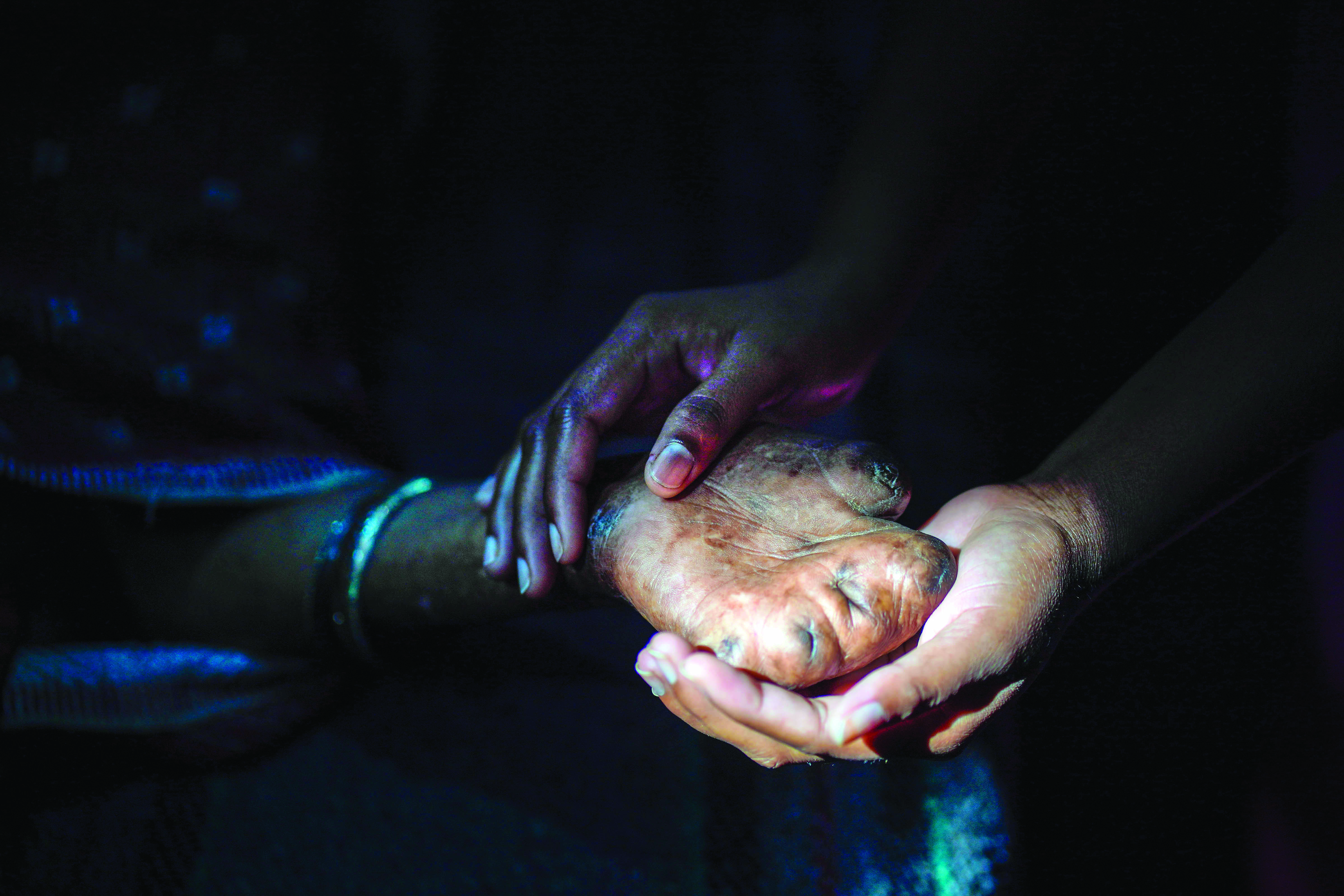Urgently address gaps in leprosy services disrupted by COVID-19 pandemic: WHO

New Delhi: The World Health Organization (WHO) on Sunday urged countries, especially those in the South-East Asia Region, to urgently address gaps in leprosy services disrupted by the COVID-19 pandemic.
The global health organisation asked these countries to accelerate efforts towards achieving the goal of zero leprosy disease, stigma and discrimination – the vision of the WHO Global Leprosy Strategy 2021-2030.
Leprosy is 100 per cent curable when detected early, yet today in addition to COVID-19-related challenges, stigma and discrimination, both institutionalised and informal, continue to impede prompt diagnosis and treatment and facilitate onward spread, said Poonam Khetrapal Singh, regional director of WHO South-East Asia.
“This has to change,” she said on the eve of World Leprosy day.
In 2021, 1,40,000 new leprosy cases were reported, with 95 per cent of new cases coming from the 23 global priority countries. Of these, 6 per cent were diagnosed with visible deformities or grade-2 disabilities (G2D).
Over 6 per cent of new cases were children under the age of 15, with 368 being diagnosed with grade-2 disabilities, she stated.
Despite a 10 per cent increase in new cases from 2020 to 2021, the reported cases were 30 per cent lower in 2021 than in 2019.
This is not due to a decrease in transmission, but because the leprosy cases remained undetected due to COVID-19-related disruptions, Singh said.
“Countries must continue to urgently restore leprosy services, with a focus on expanding single dose rifampicin chemoprophylaxis, intensifying active case finding, and ensuring prompt diagnosis and treatment with multidrug therapy,” the regional director said.
Singh stressed focusing attention on vulnerable populations, including women, children, immigrants, refugees, elderly, homeless, residents of deprived leprosy ‘colonies’ and those living in geographically inaccessible areas to end suffering and achieve zero leprosy.
With at least 115 discriminatory laws reported to be in place in seven countries, WHO is calling on all countries to immediately and unequivocally revoke discriminatory laws and comply with and implement UN principles and guidelines for the elimination of discrimination against persons affected by leprosy and their families.



